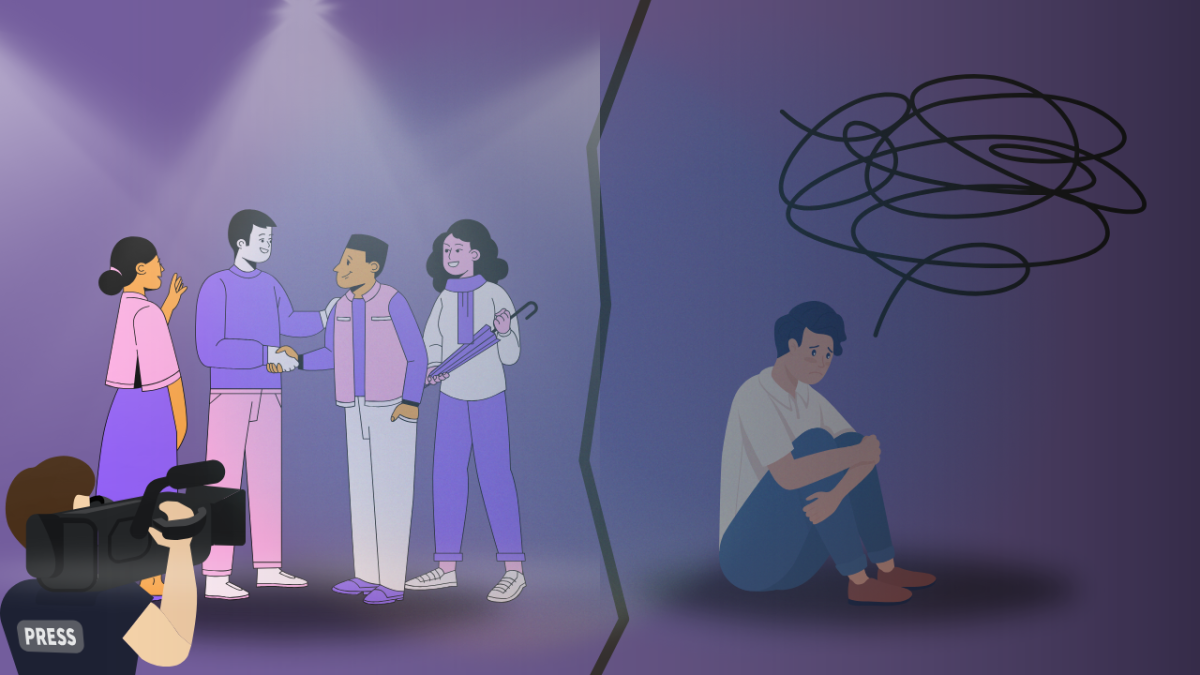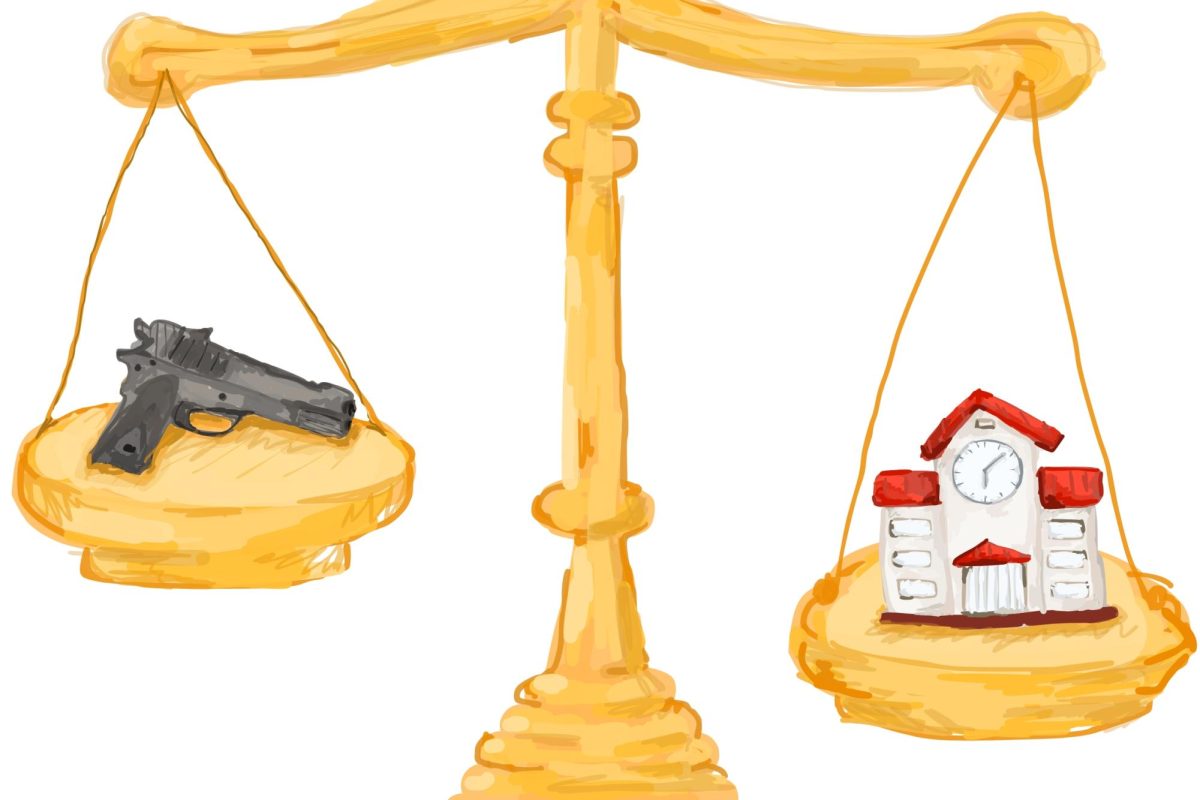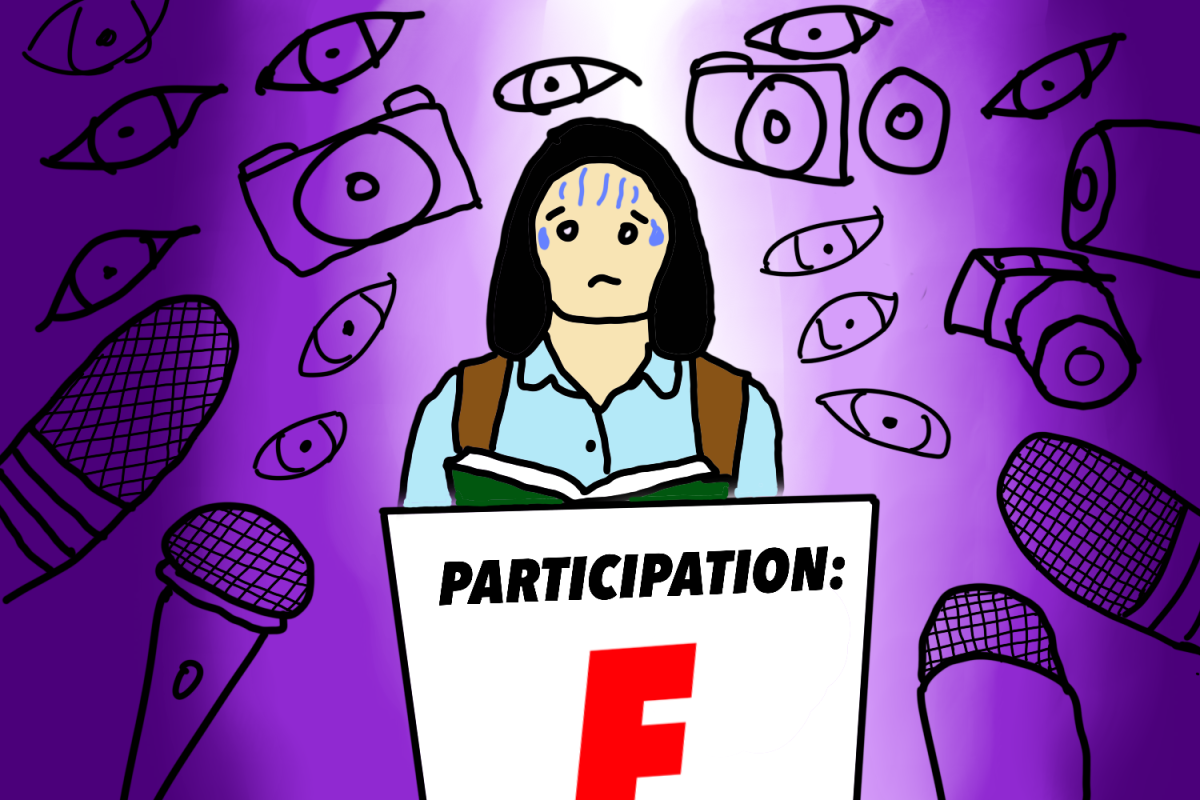Hulu, Netflix, Peacock, YouTube—you name it. These platforms, as accessible as they can be, pose a possible detrimental effect in regards to their reality TV shows.
One of the most significant degrading effects reality TV has on society is the promotion of unrealistic standards. This includes beauty, behavior, and lifestyle standards, in which only a picture-perfect life is depicted on television, such as clear skin or constant shopping sprees. Viewers only being exposed to this “perfect” life can result in constant comparison, negatively impacting their mental health.
On WashBurnReview, recent psychology graduate, Katrina Escobar, said “When people feel pressure to conform to a group, they may overlook their mental well-being, leading to a loss of personal identity and disconnection from oneself.”
Though being one of the most-watched streamed Netflix series this summer, Love Island—a popular dating show that gained its peak popularity in the summer of 2024—is the epitome of this very concept. The majority of contestants on this show fall under the typical Western beauty standard: whether it be through their stature or physique. While there’s nothing inherently wrong with displaying these attributes, it can lead to the idea that attractiveness is constrained to specific physical traits. This can have repercussions on its viewers, who may develop lower self-esteem or insecurities, as a result of these idolized standards.
The emphasis placed on wealth, luxury, and material success in reality TV has also been a recurring issue. The promotion of materialism causes viewers to gain superficial values and can lead to viewers prioritizing the wrong things. When you have a desire to possess materialistic things, it can actually harm your mental health, making you feel anxious, unhappy, or stressed about “falling behind.”
Unscripted television often depicts drama and conflict—in many cases depicted as aggressive or questionable decision-making. This can influence the viewers to pick up certain behaviors, with the assumption that it is socially acceptable to act that way. With alcohol, substance use, and depictions of rude behavior towards family members appearing frequently in these shows, it can negatively influence the behavior of teenagers, given that these shows aim to depict real-life scenarios. With the easy accessibility of these series, a younger audience’s exposure to this behavior can continue to affect their developing minds and influence their actions.
Along with bad behavior being easily influential, sometimes these scenarios aren’t even real. Producers often dramatize scenarios to be perceived differently. This can easily foster misconceptions about relationships, personal behavior, or even perception of the normality of life. An example of this has happened on a popular show, Dance Moms, as many featured cast members claimed to be falsely portrayed on screen.
Dance Moms dancer Maddie Ziegler stated, “When I was doing the show in the first season [in 2011], I was seven, and there were male producers saying, ‘This is what you have to say.’ My mom wasn’t in the room, so I was like, ‘OK, I just have to do whatever I’m being told.’ They would say, ‘Say you’re the best; say you’re better than everyone else; say blah blah blah.’”
While reality shows can provide comfort, satisfaction, or entertainment to a large number of viewers, it’s crucial to acknowledge the downsides of the shows. As consumers of the media, it’s important to not let these things interfere with how we develop as people. When we do approach this kind of media, it’s always good to look with a critical eye and to not let the influences of the world take you over.







